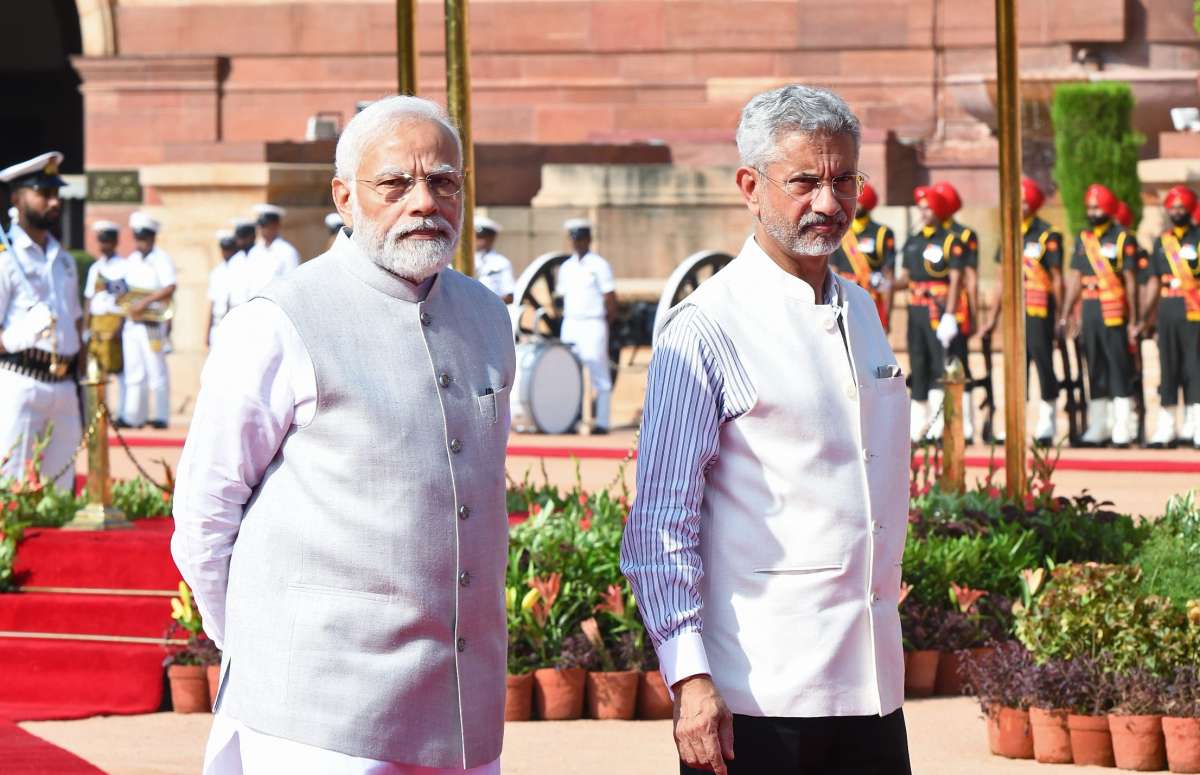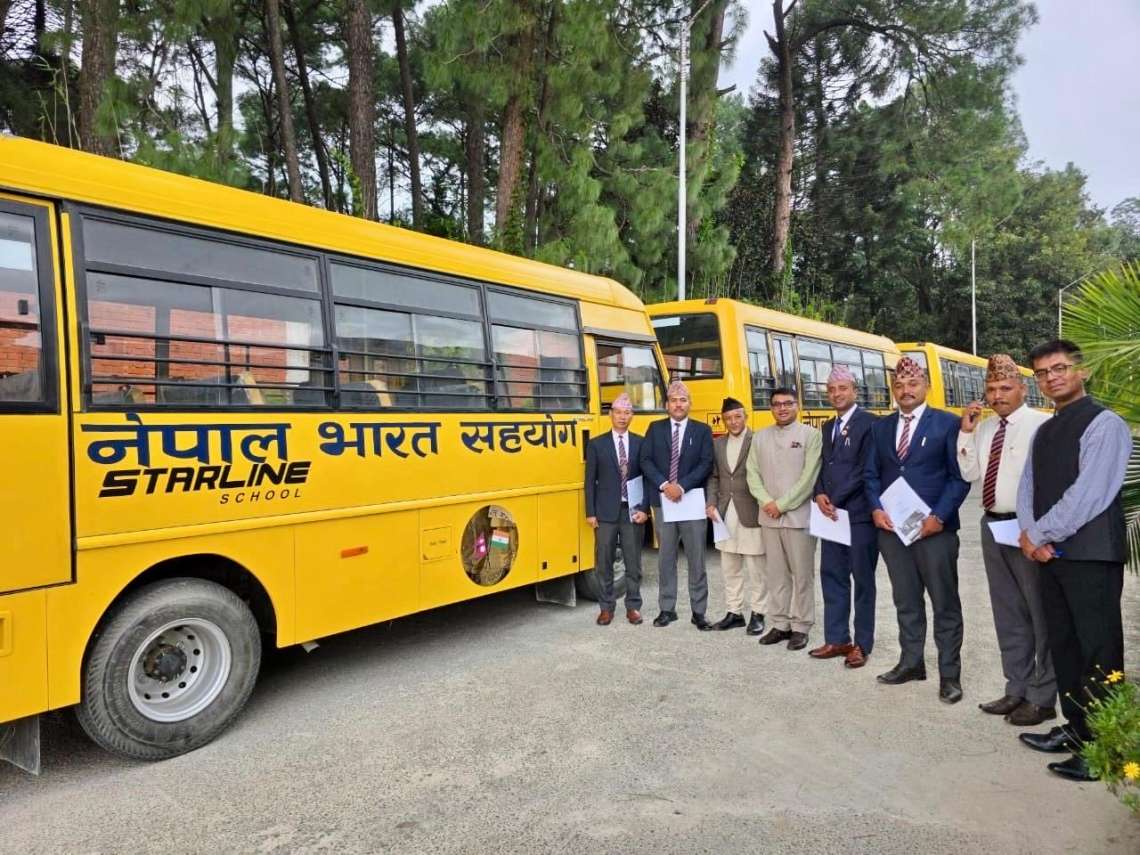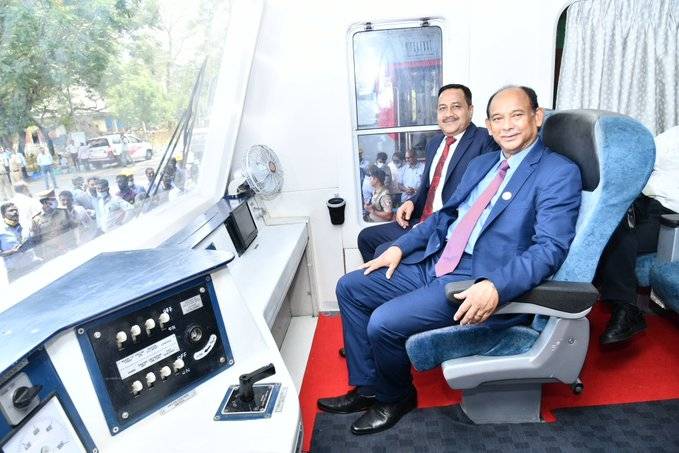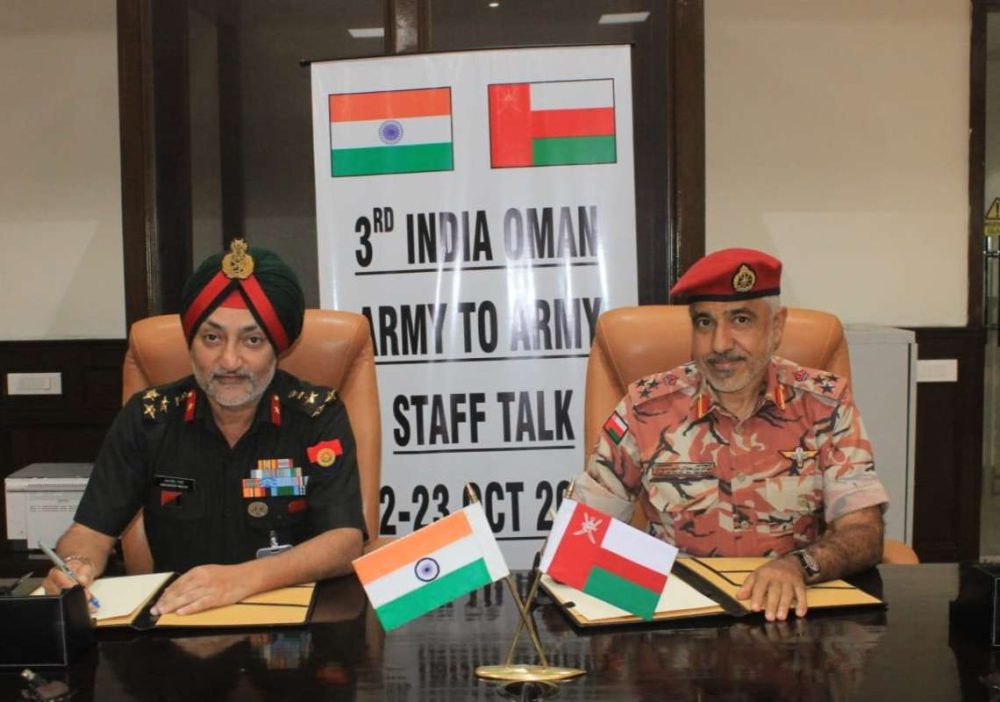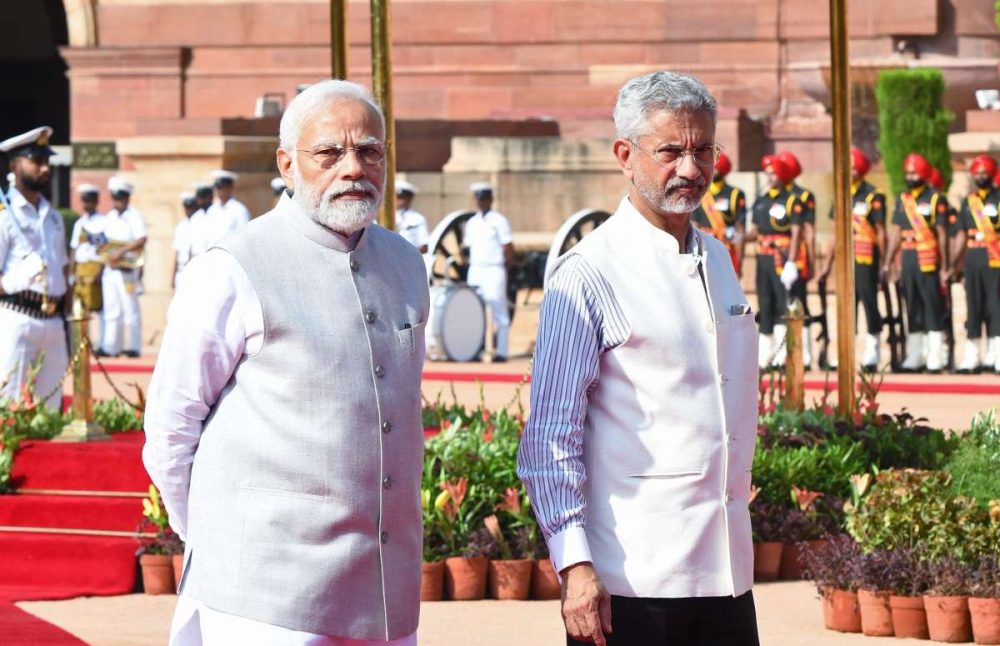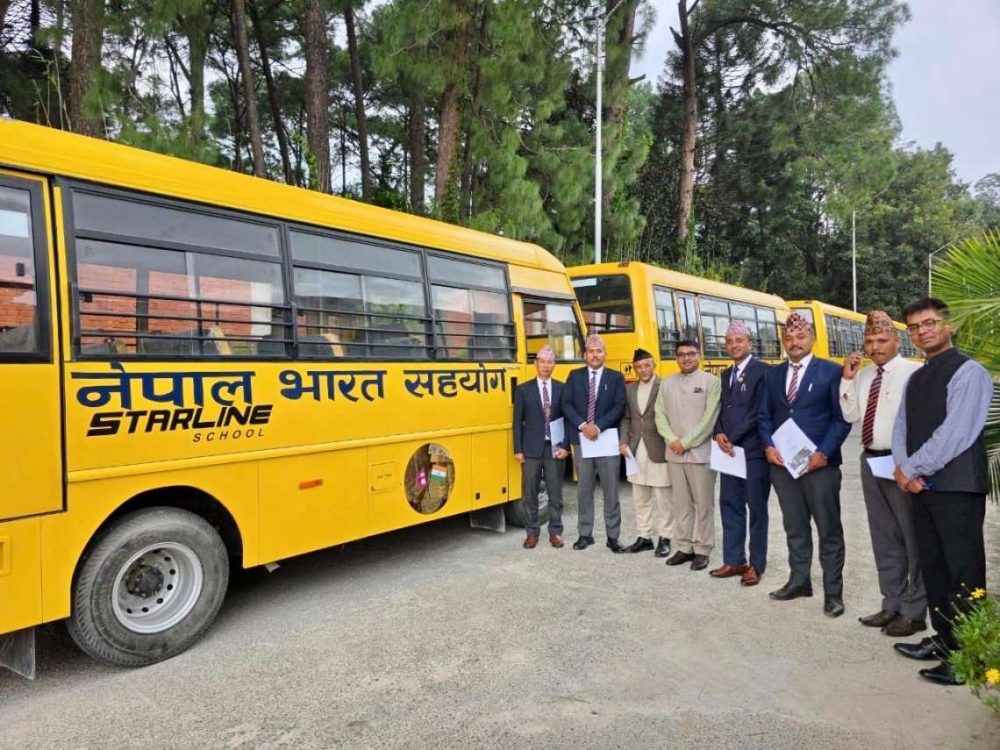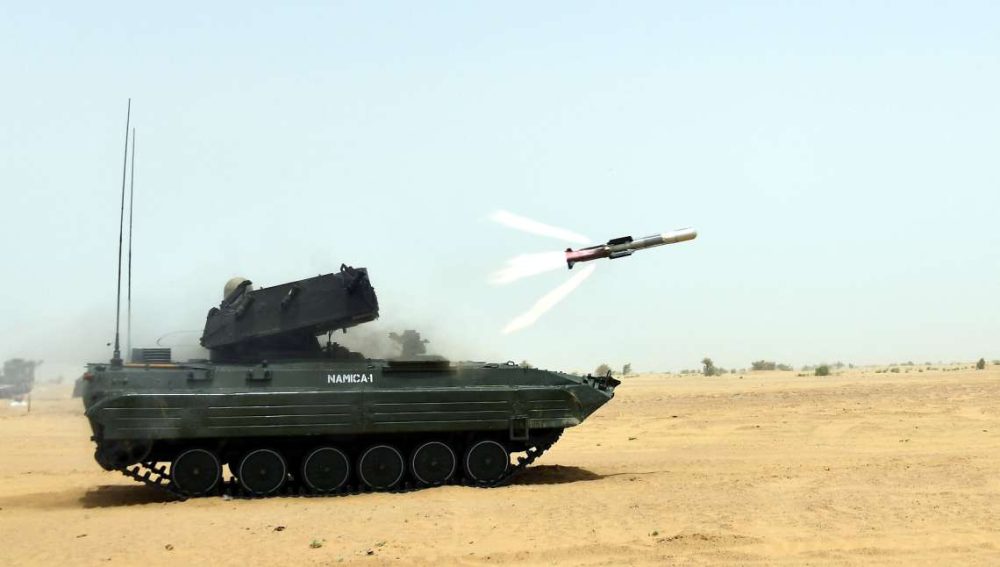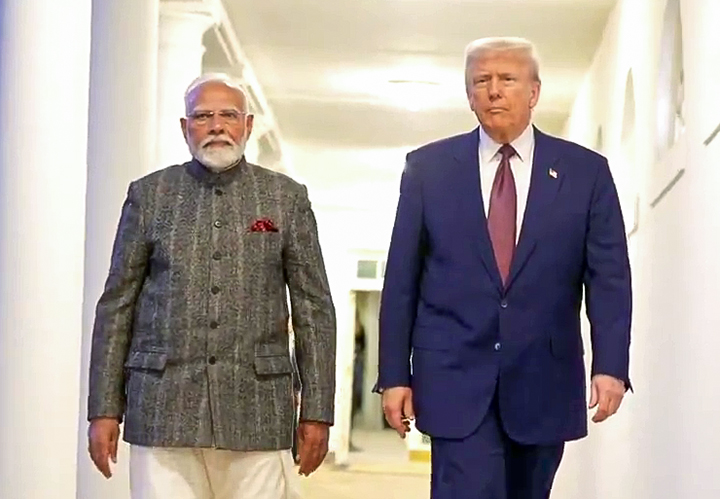The scientists from the three countries spun a pool of mercury, which is a reflective liquid, so that the surface curved into a parabolic shape….reports Asian Lite News
The first liquid mirror telescope in the country and the largest in Asia – commissioned atop Devasthal, a hill in Uttarakhand – will now keep a watch on the overhead sky to identify transient or variable objects such as supernovae, gravitational lenses, space debris, and asteroids.
The Indian Liquid Mirror Telescope (ILMT) will help in surveying the sky, making it possible to observe several galaxies and other astronomical sources just by staring at the strip of sky that passes overhead.
Built by astronomers from India, Belgium and Canada, the novel instrument employs a 4-meter-diameter rotating mirror made up of a thin film of liquid mercury to collect and focus light. It is located at an altitude of 2,450 metres at the Devasthal Observatory campus of Aryabhatta Research Institute of Observational Sciences (ARIES), an autonomous institute under the Department of Science and Technology (DST), Government of India in Nainital district, Uttarakhand.
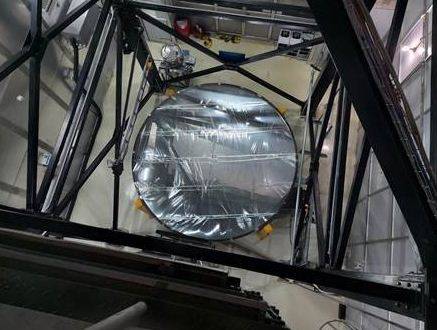
The scientists from the three countries spun a pool of mercury, which is a reflective liquid, so that the surface curved into a parabolic shape. It is ideal for focusing light. A thin transparent film of mylar protects the mercury from wind. The reflected light passes through a sophisticated multi-lens optical corrector that produces sharp images over a wide field of view. A large-format electronic camera located at the focus records the images.
Paul Hickson from the University of British Columbia, Canada, an expert on liquid mirror technology, said, “The rotation of the earth causes the images to drift across the camera, but this motion is compensated electronically by the camera. This mode of operation increases observing efficiency and makes the telescope particularly sensitive to faint and diffuse objects.”
“ILMT is the first liquid-mirror telescope designed exclusively for astronomical observations installed at the Devasthal Observatory of ARIES,” said Dipankar Banerjee, Director, ARIES.
Devasthal Observatory now hosts two four-meter class telescopes – the ILMT and the Devasthal Optical Telescope (DOT).
The telescope was designed and built by the Advanced Mechanical and Optical Systems (AMOS) Corporation and the Centre Spatial de Liege in Belgium.
The ILMT collaboration includes researchers from ARIES in India; the University of Liege and the Royal Observatory of Belgium in Belgium; Poznan Observatory in Poland; Ulugh Beg Astronomical Institute in Uzbek, Academy of Sciences and National University of Uzbekistan; University of British Columbia, Laval University, University of Montreal, University of Toronto, York University and University of Victoria, all in Canada.




